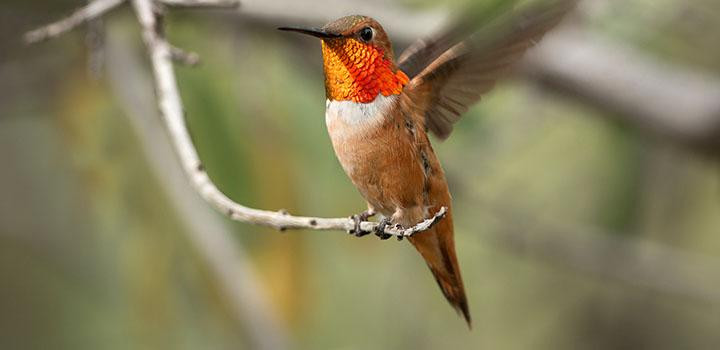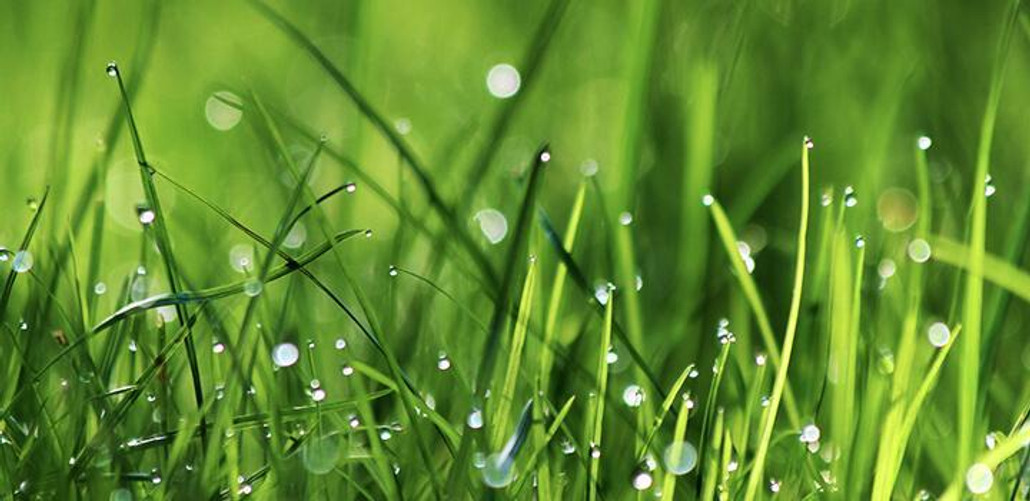Posted by Grange Co-op on 2nd Oct 2013
Male: Mainly orange-brown all over (looks like a shiny copper penny) with a dark gorget that reflects iridescent orange-red in sunlight and white collar. Wings may be green.
Female: Green back and crown, orange-brown sides and tail, white belly and throat with iridescent reddish throat dots.Nesting:
Female builds a soft, flexible cup nest that expands to accommodate the growing young. The nest is made of downy plant fibers and moss, covere… Read more
Posted by Grange Co-op on 4th Sep 2013
Is
canning and preserving fruits and vegetables worth the effort? In one enthusiastic word: YES!
Think of it this way: Which would you prefer? Fruits and vegetables grown far away and commercially canned through processes that add chemicals, additives, and preservatives? Or would you prefer produce grown in your own garden or purchased from a local farmers market that you can preserve yourself free of harmful additives?
Canning your… Read more
Posted by Grange Co-op on 1st Apr 2013
Flower Beds:
Fertilize rhododendrons and azaleas;
Remove spent blossoms.
Plant chrysanthemums for fall color.
Plant dahlias in mid-May.
Fertilize roses and control rose diseases such as mildew with a fungicide.Gardens:
Monitor strawberries for spittlebugs and aphids with approved pesticides.
Control cabbage worms in cabbage and cauliflower.
Tiny holes in foliage and shiny, black beetles on tomato, beets, radishes, and pot… Read more
Posted by Grange Co-op on 1st Jun 2012
Note:
This article was written for a drought year but the advice is relevant for any summer...
The winter has been drier than usual here in the Pacific Northwest, so there is not as much moisture stored in the soil. Watering may be limited in some places because of this year's drought. Aside from these considerations, the summer we are facing is much like any other summer. The Pacific Northwest has a Mediterranean climate, with very littl… Read more




